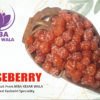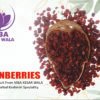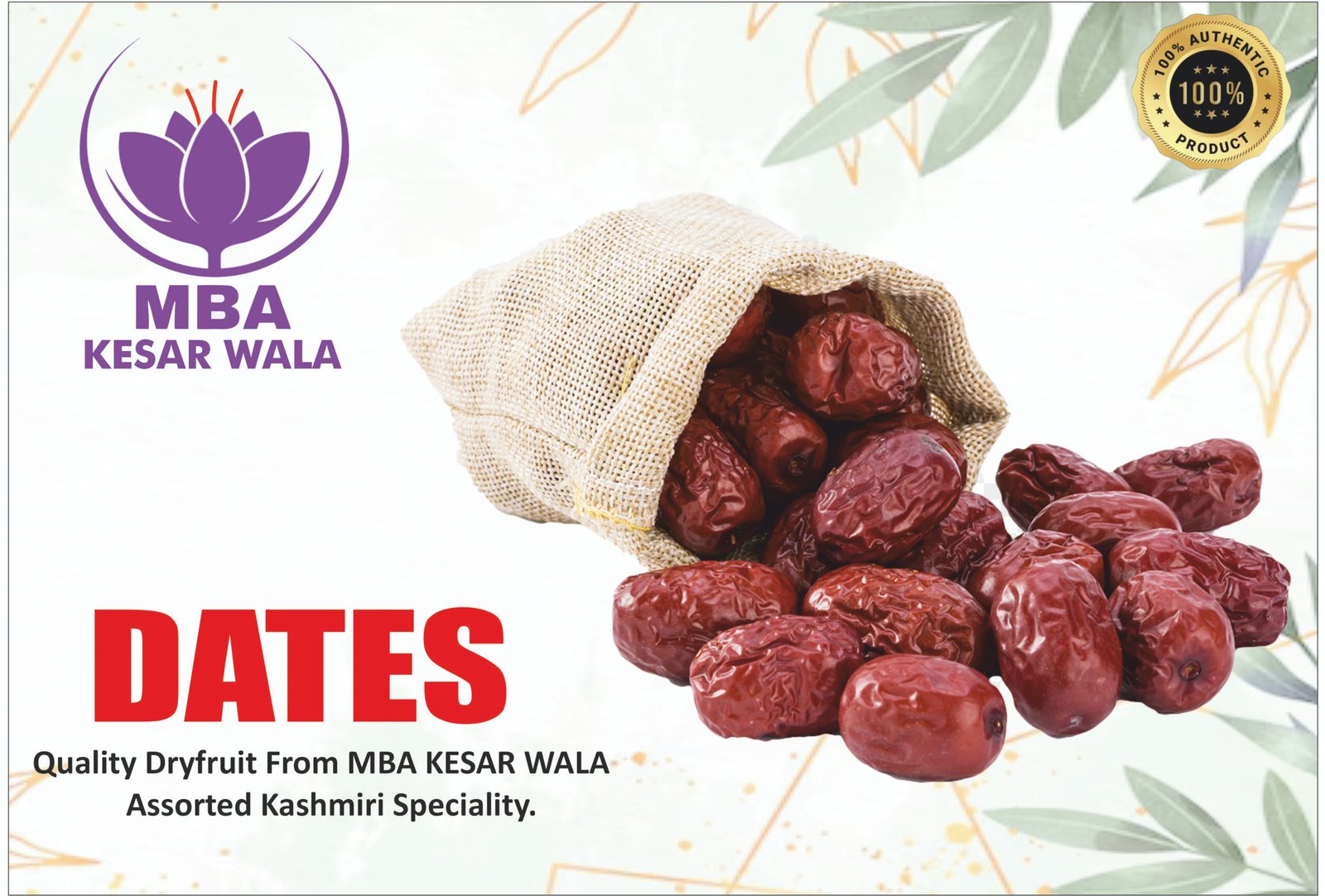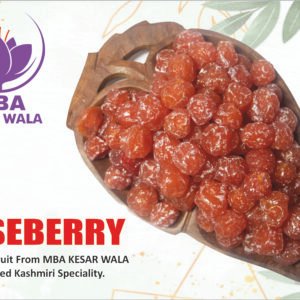
Dates
₹522.00 – ₹1,024.00Price range: ₹522.00 through ₹1,024.00 N/A
Dates
1) What are DatesDatesu
Dates are the fruit of the date palm tree, primarily grown in tropical regions of the Middle East and North Africa. They are a staple food in many cultures and are known for their natural sweetness, chewy texture, and rich nutritional profile.
2) How to Select Dates:
Color & Appearance: Choose dates that are shiny, evenly colored, and free of mold or crystallized sugar on the surface.
Texture: Fresh dates should feel soft and pliable but not mushy. Avoid those that are overly dry or excessively hard.
Type: There are different varieties, such as Medjool (large, sweet, and soft), Deglet Noor (semi-dry and firm), or Zahidi (smaller, drier).
Organic or Regular: Organic dates are free from pesticides and chemicals, which may be preferred for health-conscious consumers.
3) Benefits:
Dates are rich in essential nutrients such as fiber, potassium, magnesium, and antioxidants. They can:
Improve digestion (due to high fiber content)
Provide natural energy
Support heart health (rich in potassium)
Enhance bone strength (due to minerals like magnesium)
Support brain health (thanks to antioxidants)
4) Packaging Sizes Available
Medium packs: 500g, 1kg.
Bulk: 5kg, 10kg or larger in bulk packaging, depending on the customer.
5) Use:
Dates can be consumed directly as a snack or used in a variety of recipes, including:
Smoothies
Salads
Baked goods (cakes, cookies, etc.)
Energy bars or bites
Stuffed with nuts or cheese
6) Health Benefits Suitable for:
Men: Dates help boost energy, enhance physical stamina, and support heart and brain health.
Women: Rich in nutrients beneficial during pregnancy, postpartum recovery, and for boosting iron levels.
Kids: Dates provide natural sugar, vitamins, and minerals, supporting growth and development.
Elders: Their fiber content aids digestion, while the rich nutrient profile supports bone health and energy.
7) Taste:
Dates are known for their sweet, caramel-like taste. The sweetness varies between varieties:
Medjool: Soft and very sweet, with a honey-like flavor.
Deglet Noor: Slightly less sweet, with a firm texture.
Barhi: Soft and rich, often with a butterscotch flavor.
8) How to Consume:
Eat raw as a snack.
Stuff them with nuts or nut butter for added nutrition.
Blend them into smoothies or energy drinks.
Add to salads, oatmeal, or yogurt.
Use them in desserts, cakes, and pastries for natural sweetness.
9) How to Store:
Fresh Dates: Store in an airtight container in the refrigerator for up to 6 months.
Dried Dates: Keep them in a cool, dry place. They can last for up to a year when stored properly.
Freezing: Dates can be frozen to extend their shelf life for up to 2 years.
10) Product Life:
Fresh Dates: Typically last 6 months when refrigerated.
Dried Dates: Can last up to 12 months or more if stored in a cool, dry environment.
Harvesting Time:
Dates are harvested in late summer and fall, typically between August and October. Once harvested, they are sorted, cleaned, and dried if necessary.
After Harvest:
Cleaning and Sorting: After harvesting, dates are cleaned to remove dirt and impurities.
Drying: Some dates are naturally sun-dried or may be further processed to remove moisture.
Packaging: Dried or semi-dried dates are packed in various sizes for retail or bulk sales.
Storage & Distribution: The packed dates are stored in cool, dry conditions and distributed to markets.
| packaging | 1000 GRM, 500 G |
|---|
Related products
- 1000 GRMFrom: ₹796.00
- 250 GFrom: ₹282.00
- 500 GFrom: ₹431.00
Blackberries
- 1000 GRMFrom: ₹1,138.00
- 250 GFrom: ₹385.00
- 500 GFrom: ₹636.00
Blueberries.
Rose Berries
- 250 GFrom: ₹317.00
- 500 GFrom: ₹499.00
Dried Cherry
- 1000 GRMFrom: ₹910.00
- 250 GFrom: ₹328.00
- 500 GFrom: ₹465.00
Cranberries
₹294.00 N/A


₹328.00 – ₹910.00Price range: ₹328.00 through ₹910.00 N/A






Reviews
There are no reviews yet.